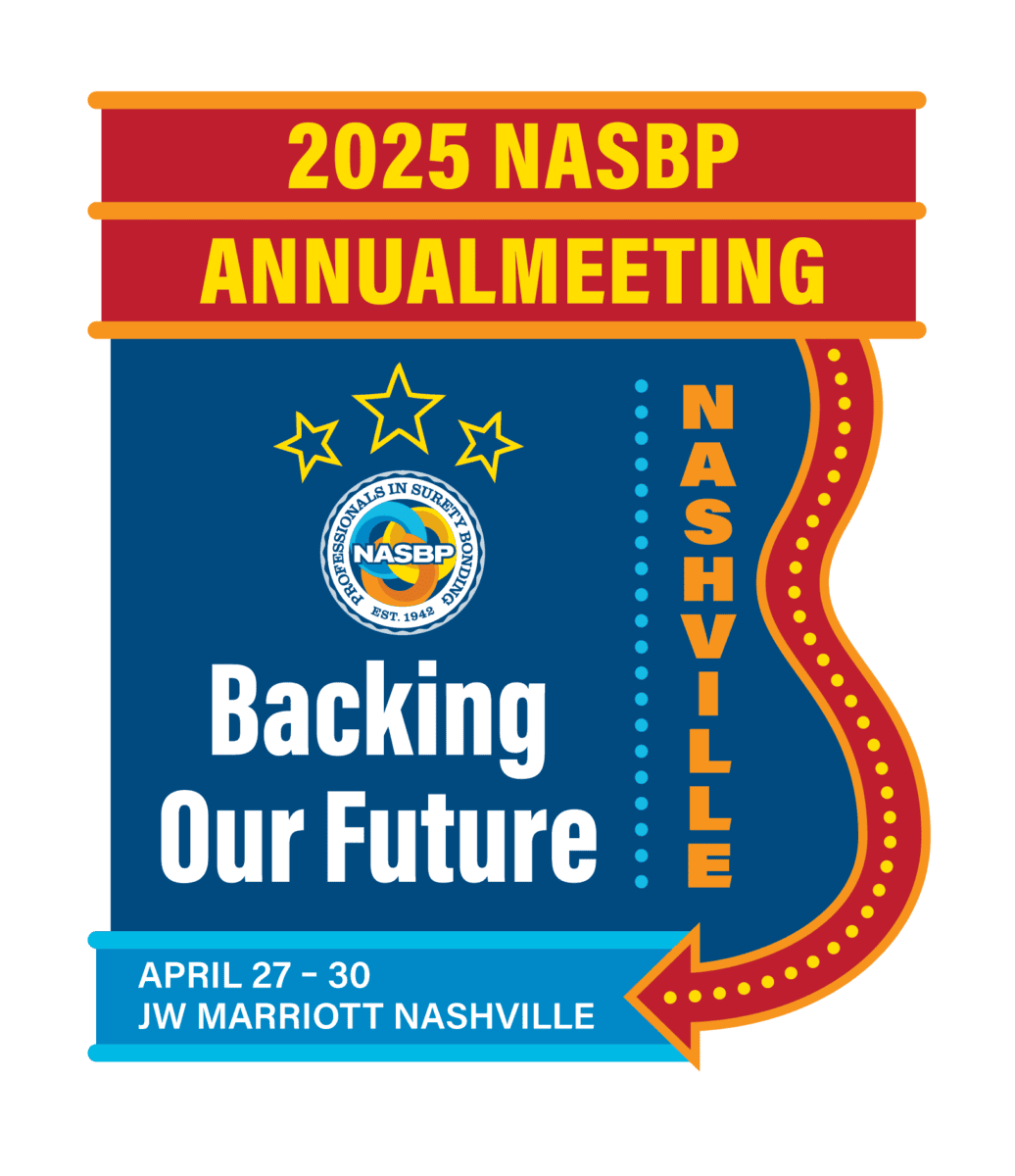
Federal Court Holds Principal’s Accountant May Be Liable to Surety
We all know that surety underwriters extend surety credit to those contractors that have been prequalified by the underwriters and deemed an acceptable risk. One of a surety’s prime considerations in determining whether to issue performance and payment bonds on behalf of a contractor is the financial condition of the contractor. The financial statement from the contractor on which sureties rely is generally prepared by the contractor’s accountant. The accountant typically prepares one of three financial statements—compilation, review, or audit—with increasing levels of analysis and obligations imposed on the accountant. If a financial statement prepared by an accountant for a contractor client that provides it to its surety contains misrepresentations concerning, for example, the contractor’s net worth or project profitability, then, if the surety suffers a loss as a result of having issued the bonds, in reliance on material misrepresentations in the financial statements, the surety may pursue a cause of action against the accountant on whose financial statements the surety justifiably relied in determining to extend surety credit and issuing the bonds.
Courts have taken several different approaches in determining whether an accountant may be held liable to a surety for misrepresentations in financial statements on which the surety relied in deciding to extend surety credit. The law varies from jurisdiction to jurisdiction. It is beyond the scope of this Legal Spotlight to address the different approaches. But stay tuned for an article in a forthcoming issue of NASBP Surety Bond Quarterly on this topic. For now, please read below about how a federal district court in Pennsylvania recently approached and analyzed this issue.
In Platte River Insurance Co. v. Joseph P. Melvin Co., Case No. 20-3380, 2020 WL 6747125 (E.D. Pa. Nov., 17, 2020), Platte River Insurance Company (Platte River), in the business of issuing, among other things, contract surety bonds, asserted a claim for negligent misrepresentation against Joseph P. Melvin Company (JPMC), a professional accounting firm, for alleged misstatements it made in a financial report prepared for M. Cohen and Sons, Inc. (Cohen), one of JPMC’s construction clients that was in the business of designing and installing metalwork products for construction projects. Platte River claimed that it relied on JPMC’s misrepresentations in deciding to issue surety bonds to Cohen and, therefore, suffered damages. JPMC filed a motion to dismiss the surety’s complaint, which the court denied.
The facts alleged in the complaint are as follows. In May 2018 JPMC issued a written Independent Auditor’s Report, along with Cohen’s financial statement and related schedules for the years 2016 and 2017 (2017 Financial Statement). The surety alleged that JPMC provided Cohen with the 2017 Financial Statement with the knowledge and intention that Cohen would provide it to Cohen’s sureties, including Platte River, which would justifiably rely on it in evaluating and approving Cohen’s requests for surety bonds.
Platte River alleged that JPMC failed to exercise reasonable care and competence in obtaining and communicating the information in the 2017 Financial Statement, which stated that JPMC conducted the audit of Cohen’s financial records in accordance with generally accepted accounting standards (GAAS) and that the information in Cohen’s financial statement and related schedules presented fairly the financial position of Cohen, in conformity with generally accepted accounting principles (GAAP). Significantly, a work-in-progress schedule attached to the 2017 Financial Statement reflected that Cohen’s construction contracts, as well as its recently completed construction contracts, had been and were expected to remain generally profitable.
In March 2018 Cohen contracted with W.S. Cumby, Inc. (Cumby) for construction work in Princeton, New Jersey (Princeton Project). At Cohen’s request, Platte River issued performance and payment bonds in connection with the Princeton Project, each in the penal sum of $3,508,849 (Princeton Bonds). Platte River alleged in its complaint that it issued the Princeton Bonds in justifiable reliance on the 2017 Financial Statement. Platte River further alleged that, in determining to issue the Princeton Bonds on behalf of Cohen, it considered Cohen’s solvency, profitability, and financial capacity, as reflected in the 2017 Financial Statement. JPMC’s representation that its audit was GAAS-compliant and its opinion that Cohen’s financial statement was GAAP-compliant were highly material to the surety’s determination. The surety further alleged that, unbeknownst to it, Cohen’s actual financial condition and performance were significantly and materially inferior to that which was represented by JPMC in the 2017 Financial Statement.
In July 2019, JPMC issued a written Independent Auditor’s Report, along with Cohen’s financial statement and related schedules for the years 2017 and 2018 (2018 Financial Report). The 2018 Financial Statement disclosed that Cohen’s significant operating losses raised substantial doubts about Cohen’s ability to continue as a going concern. The 2018 Financial Statement stated as follows:
There was a failure to adequately monitor the progress of certain contracts and the gross profit estimates were significantly reduced in 2018. Therefore, losses were recognized on several contracts during 2018. As a result of these losses, the company has negative stockholders’ equity and current liabilities exceed current assets.
At a meeting on July 15, 2019, one of Cohen’s owners told a Platte River representative that, “prior to the 2018 Financial Statement, JPMC had uncritically accepted internal figures provided to JPMC by a former employee of Cohen, and that JPMC had reproduced those figures in Cohen’s audited financial statements [including the 2017 Financial Statement] without performing the level of testing and procedures that one would expect in a full audit.” According to Platte River, Cohen further expressed that it had suspected problems with its financial reporting for about two years and that, if JPMC had performed a proper audit, Cohen believed that the issues described in the 2018 Financial Statement would have been caught and corrected earlier.
On November 22, 2019, Cumby notified Platte River that it had declared Cohen in default and terminated the Princeton Contract and demanded that the surety perform under the performance bond.
On July 10, 2020, Platte River filed its complaint, asserting a claim of negligent representation against JPMC. The surety alleged that, “in contrast to JPMC’s representations in the 2017 Financial Statement, the information in Cohen’s financial statement and related schedules was not GAAP-compliant, and JPMC’s audit thereof was not GAAS-compliant.” Platte River further alleged that the 2017 Financial Statement was materially inaccurate and negligently prepared.
On September 14, 2020, JPMC filed a motion to dismiss the complaint. JPMC argued that the surety failed to state a negligent misrepresentation claim because it: (1) did not identify any material misrepresentation on which it relied to its detriment; (2) did not sufficiently allege that JPMC intended that Platte River rely on the 2017 Financial Statement; and (3) did not properly allege damages. The court reviewed and rejected each of these arguments, determined that Platte River had stated a negligent misrepresentation claim, and denied JPMC’s motion to dismiss.
With regard to JPMC’s argument that the surety did not state what was materially inaccurate in the 2017 Financial Statement, the court found that the surety had identified several specific representations made by JPMC in the 2017 Financial Statement that it alleged were material and false.
The court similarly rejected JPMC’s second argument, that Platte River did not have standing to bring a negligent misrepresentation claim because Platte River failed to allege that JPMC knew it would rely on the 2017 Financial Statement. JPMC argued that section 552 of the Restatement (Second) of Torts requires that the surety allege that JPMC had actual knowledge that the surety would rely on the 2017 Financial Statement. The court rejected this “unduly restrictive interpretation”: “Rather than imposing an actual knowledge requirement, in construing § 552 Pennsylvania courts apply a ‘foreseeability requirement, thereby reasonably restricting the class of potential plaintiffs.’” Platte River alleged that JPMC is in the business of providing professional accounting services for construction contractors and is aware and intends that its Independent Auditor’s Reports will shared by their contractor clients with their surety companies.
With regard to JPMC’s third assertion, that the surety did not sufficiently allege damages, the court referenced a copy of the tender agreement entered into between Platte River and Cumby in which the surety agreed to pay Cumby $3.4 million.
Finally, the court concluded that Platte River’s allegations in the complaint sufficiently pled a misrepresentation claim under section 552 of the Restatement (Second) of Torts and denied JPMC’s motion to dismiss.
NASBP is pleased to announce that an article will appear in an upcoming issue of NASBP’s Surety Bond Quarterly on accountant liability to a surety for misrepresentations in financial statements relied on by the surety in deciding to issue surety credit. In addition, NASBP is pleased to announce that this topic will be featured in an upcoming NASBP Virtual Seminar (details will be forthcoming).
The author of this article is Martha Perkins, General Counsel at NASBP. She can be reached at mperkins@nasbp.org or 240.200.1270.
This article is provided to NASBP members, affiliates, and associates solely for educational and informational purposes. It is not to be considered the rendering of legal advice in specific cases or to create a lawyer-client relationship. Readers are responsible for obtaining legal advice from their own counsels, and should not act upon any information contained in this article without such advice.
Get Important Surety Industry News & Info
Keep up with the latest industry news and NASBP programs, events, and activities by subscribing to NASBP Smartbrief.





